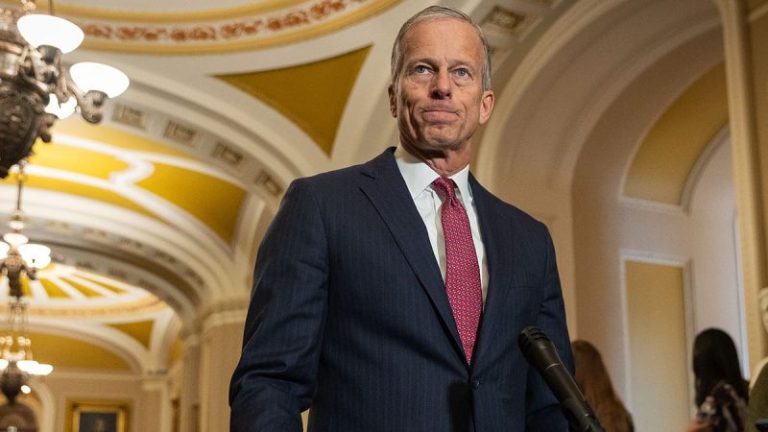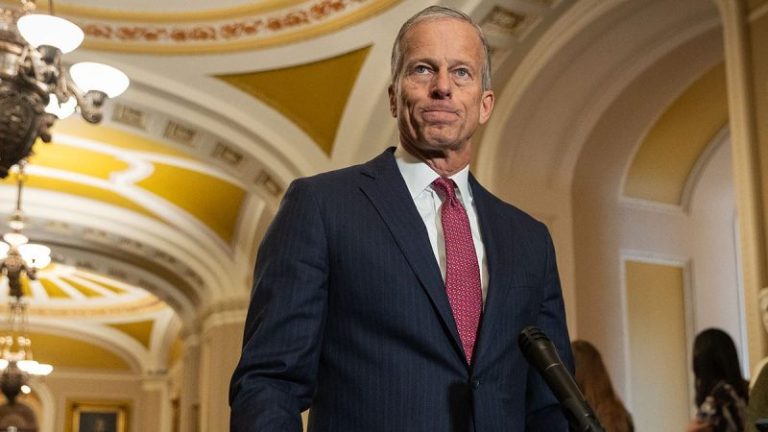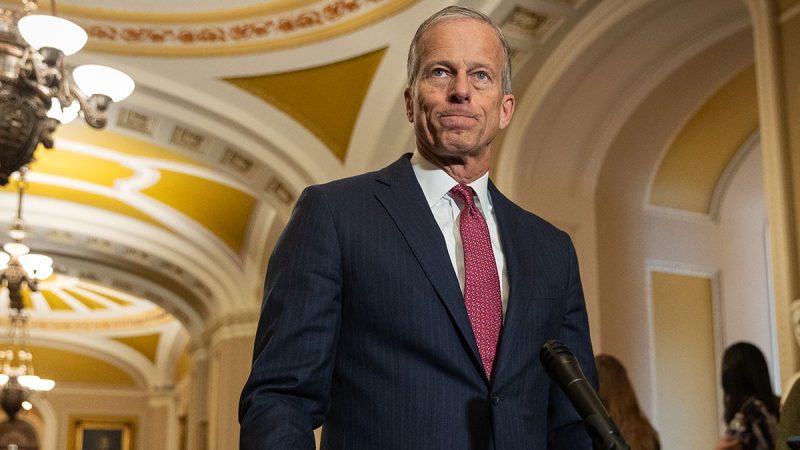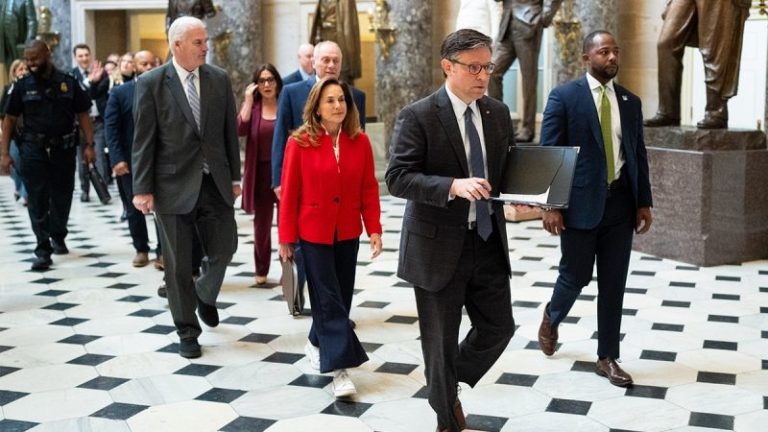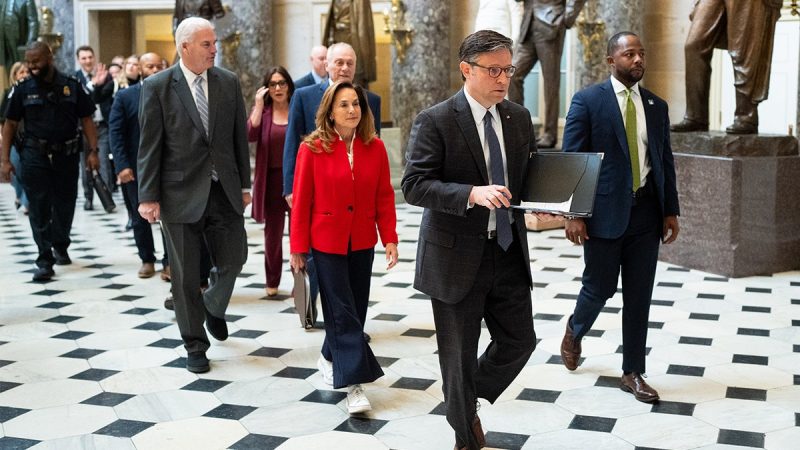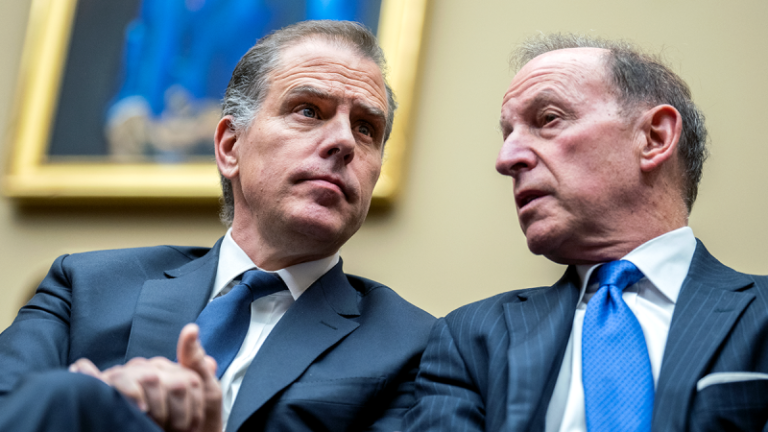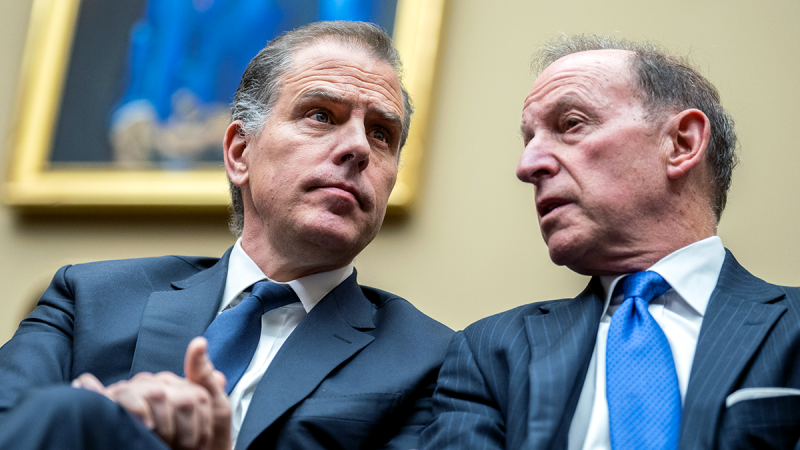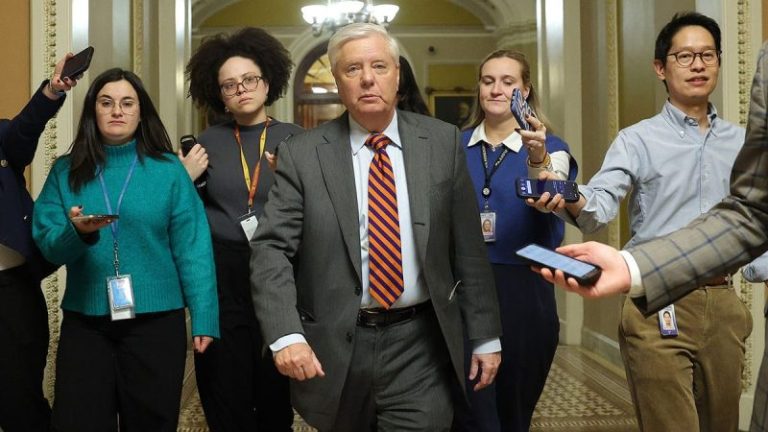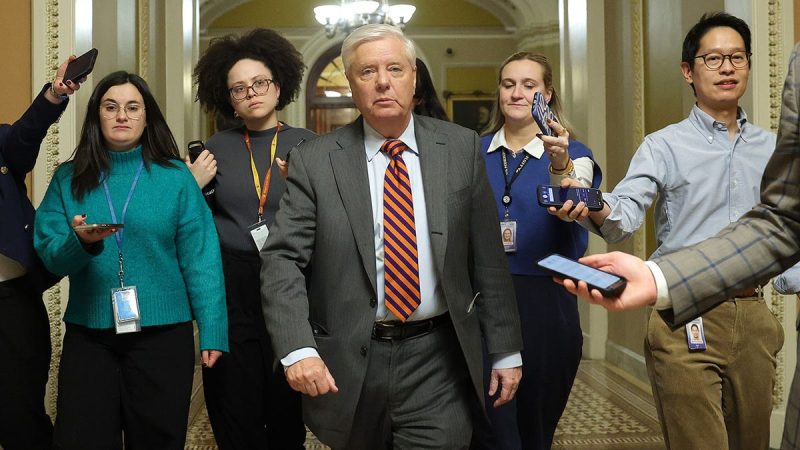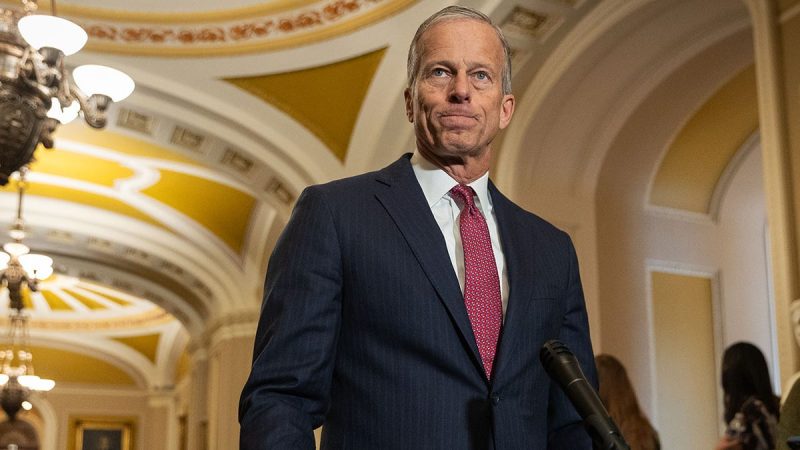
Senate Republicans and Democrats cut through partisan rancor and sent a retooled government spending package to the House Friday evening after President Donald Trump struck a deal to sate Democrats’ demands.
Though lawmakers were able to advance the revamped five-bill package without the controversial Department of Homeland Security (DHS) funding bill and a two-week funding extension to keep the agency afloat, a partial government shutdown is all but guaranteed after the 71-29 vote.
That’s because modifications to the package and the inclusion of a short-term continuing resolution (CR) for DHS must be approved by the House. And lawmakers in the lower chamber aren’t scheduled to return to Washington, D.C., until early next week.
Schumer and his caucus are determined to get a series of extra reforms attached and dropped three categories of restrictions on Immigration and Customs Enforcement (ICE) on Wednesday that many Republicans have balked at.
‘These are not radical demands,’ Schumer said on the Senate floor. ‘They’re basic standards the American people already expect from law enforcement. I hope we can get voting quickly here in the Senate today so we can move forward on the important work of reining in ICE. The clock is ticking.’
Democrats argued that the tweaks were common sense and geared toward reducing further incidents during immigration operations around the country after two fatal shootings by federal agents in Minneapolis this month.
‘This is not like some wish list,’ Sen. Tina Smith, D-Minn., said. ‘This is, like, really practical, commonsense stuff that would actually go a long way towards minimizing the harm that we’re seeing in Minnesota.’
Among the most difficult requests is the requirement of judicial warrants, rather than administrative warrants, for ICE agents to make arrests.
Sen. Eric Schmitt, R-Mo., argued that while Republicans didn’t want to have a government shutdown, they wouldn’t legislate ‘stupid s—‘ into the DHS bill.
‘We’re not, like, telling [ICE] they need judicial warrants when they already have administrative warrants,’ Schmitt said. ‘We’re not doing that.’
Successfully moving the bill from one chamber to the other was not an easy lift for Republicans. A cohort of Senate Republicans pushed back against the underlying, original package because of the billions in earmarked funding it included.
And Sen. Lindsey Graham, R-S.C., was enraged over the House’s decision to include a repeal of a provision that would allow senators, like himself, to sue for up to $500,000 if they had their phone records subpoenaed by former special counsel Jack Smith as part of his Arctic Frost probe.
‘You jammed me, Speaker Johnson. I won’t forget this,’ Graham said. ‘I got a lot of good friends in the House. If you think I’m going to give up on this, you really don’t know me.’
He demanded votes on expanding the number of people and organizations who were affected by Smith’s Arctic Frost probe who can sue, along with a vote on his legislation that would criminalize the conduct of officials who operate sanctuary cities.
But he didn’t tee them up for an amendment vote, instead contending he’d be OK with floor action after the two-week CR lapsed.
Moving the package through the House could be a heavier lift than expected.
House Speaker Mike Johnson, R-La., expected the earliest he could move on the package was by Monday, three days into the partial shutdown, given that lawmakers are away from Washington, D.C., until next week.
One House GOP source suggested to Fox News Digital that passing the legislation under suspension of the rules could be a pathway to success because it would fast-track the bills past a House-wide procedural hurdle called a ‘rule vote’ that normally falls along party lines.
But that would require raising the threshold for passage from a simple majority to two-thirds, meaning a significant number of Democrats would be needed for the bills to proceed.
That does not appear to be the route House leaders are taking, however, at least for now. Two other sources told Fox News Digital Friday morning that the House Rules Committee is expected to meet for a rare Sunday hearing to consider the bill.
The House Rules Committee is the final gatekeeper before most legislation gets a chamber-wide vote, meaning its advancement of the package Sunday could set up further action as early as Monday.
House Republican resistance to the modified package, particularly the DHS CR, has already fomented among members of the House Freedom Caucus.
House Freedom Caucus Chair Andy Harris told Fox News Digital ‘the Democrats’ desire to keep millions of illegal aliens in the United States will not suddenly disappear in a week or a month with a continuing resolution.’
‘Delaying full year funding for the Department of Homeland Security any further is a bad idea,’ Harris said.

